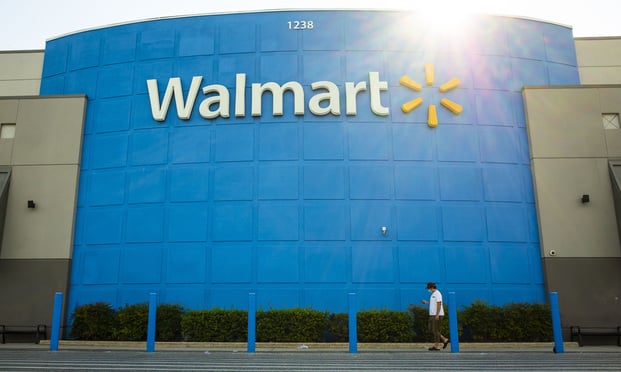 ERIC did urge the administration to designate urgent care centers as emergency departments to reduce confusion about classification, because it currently varies state by state. (Photo: Shutterstock)
ERIC did urge the administration to designate urgent care centers as emergency departments to reduce confusion about classification, because it currently varies state by state. (Photo: Shutterstock)
Several leading industry associations are weighing in on the Biden administration's interim final rule on surprise medical billing during the public comment period.
Continue Reading for Free
Register and gain access to:
- Breaking benefits news and analysis, on-site and via our newsletters and custom alerts
- Educational webcasts, white papers, and ebooks from industry thought leaders
- Critical converage of the property casualty insurance and financial advisory markets on our other ALM sites, PropertyCasualty360 and ThinkAdvisor
Already have an account? Sign In Now
© 2024 ALM Global, LLC, All Rights Reserved. Request academic re-use from www.copyright.com. All other uses, submit a request to [email protected]. For more information visit Asset & Logo Licensing.








